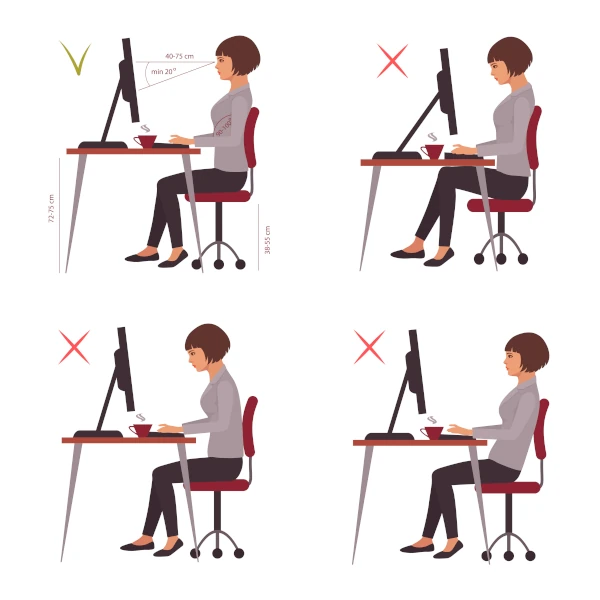
Migraine Headaches: Causes, Symptoms, Relief, and Prevention
- Dr. Nitika Sharma (MPT)
Connect with our expert physiotherapist for personalized physiotherapy advice.
Migraines are more than just a headache; they are a debilitating neurological condition that can significantly affect your quality of life. Understanding their causes, symptoms, and treatment options can help you manage migraines effectively.
What Are Migraine Headaches?
Migraine is a chronic condition characterized by recurring headaches, often accompanied by other symptoms such as nausea, sensitivity to light, and visual disturbances. Unlike regular headaches, migraines typically last longer and are more intense.
Common Causes of Migraines
- Hormonal Changes: Fluctuations in estrogen, especially during menstruation, pregnancy, or menopause, can trigger migraines in women.
- Stress: Emotional stress or physical exertion can lead to migraines.
- Dietary Triggers: Certain foods and beverages, such as alcohol, caffeine, processed foods, and artificial sweeteners, are known to trigger migraines.
- Sleep Irregularities: Too much or too little sleep can disrupt your body’s natural rhythm, leading to migraines.
- Environmental Factors: Bright lights, loud noises, strong smells, or changes in weather can act as triggers.
- Genetic Predisposition: If migraines run in your family, you may be more likely to experience them.
Symptoms of Migraines
- Prodrome: Early warning signs, including mood changes, food cravings, neck stiffness, and frequent yawning.
- Aura: Temporary visual or sensory disturbances, such as seeing flashing lights or experiencing tingling sensations.
- Headache: Intense throbbing or pulsing pain, often on one side of the head, accompanied by nausea, vomiting, and sensitivity to light or sound.
- Postdrome: After the headache subsides, you may feel drained, confused, or fatigued.
Relief Strategies for Migraine Headaches
- Medications: Over-the-counter pain relievers like ibuprofen or prescription drugs such as triptans can reduce pain and symptoms.
- Cold Compress: Applying a cold pack to your forehead can numb pain and reduce inflammation.
- Rest in a Dark Room: Minimize exposure to light and sound to alleviate symptoms.
- Hydration: Drinking plenty of water can prevent dehydration, a common migraine trigger.
- Relaxation Techniques: Practices like deep breathing, meditation, or progressive muscle relaxation can ease stress-induced migraines.
Preventing Migraine Headaches
- Maintain a Regular Schedule: Consistent sleep, meals, and exercise routines can help stabilize your body’s rhythm.
- Identify Triggers: Keep a migraine diary to track potential triggers and avoid them.
- Healthy Diet: Avoid trigger foods and focus on a balanced diet rich in nutrients.
- Manage Stress: Practice stress-management techniques like yoga, mindfulness, or therapy.
- Medication: Preventive medications, such as beta-blockers or anti-seizure drugs, may be prescribed by a doctor.
Conclusion
Migraines can disrupt your life, but with the right approach, you can regain control. By identifying triggers, adopting preventive measures, and seeking appropriate treatments, you can minimize the impact of migraines and enhance your overall well-being.
External Resources
Connect with our expert physiotherapist for personalized physiotherapy advice.



